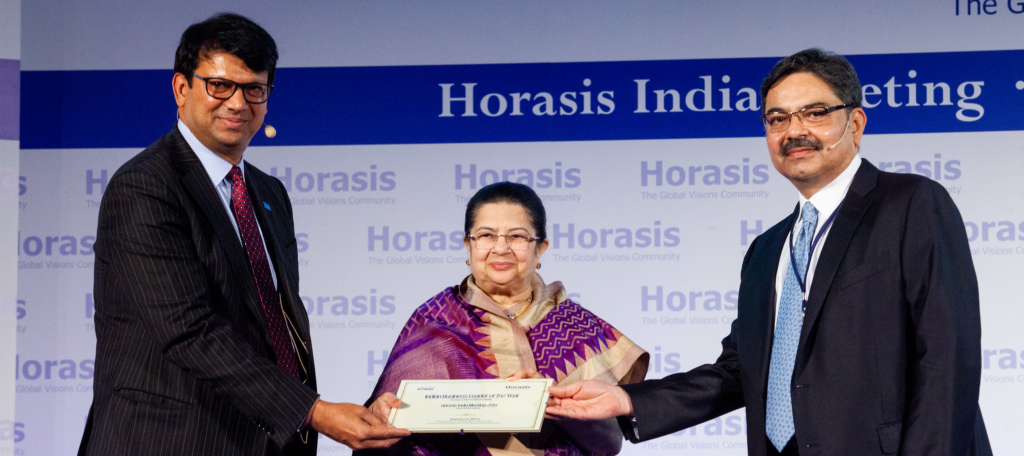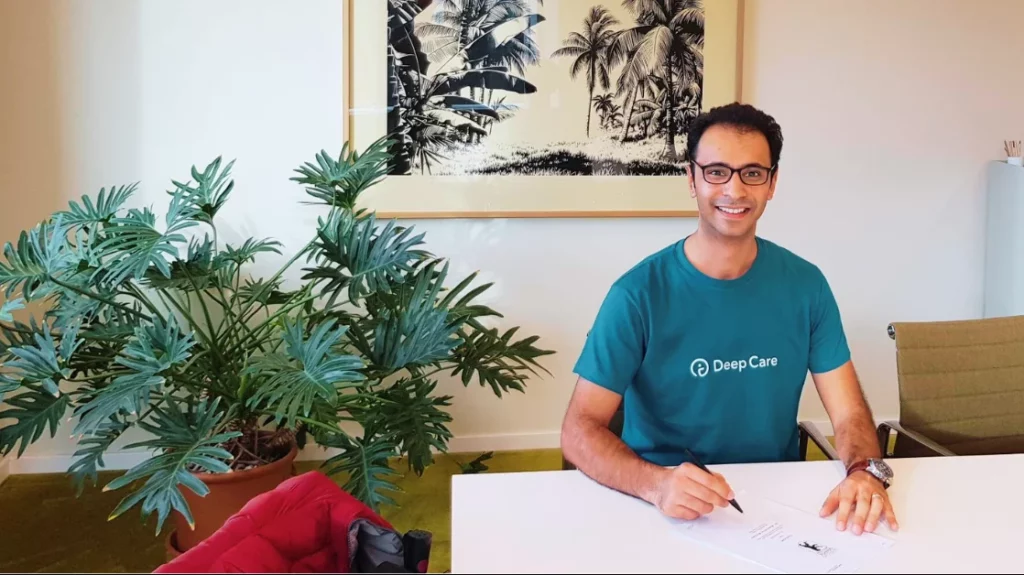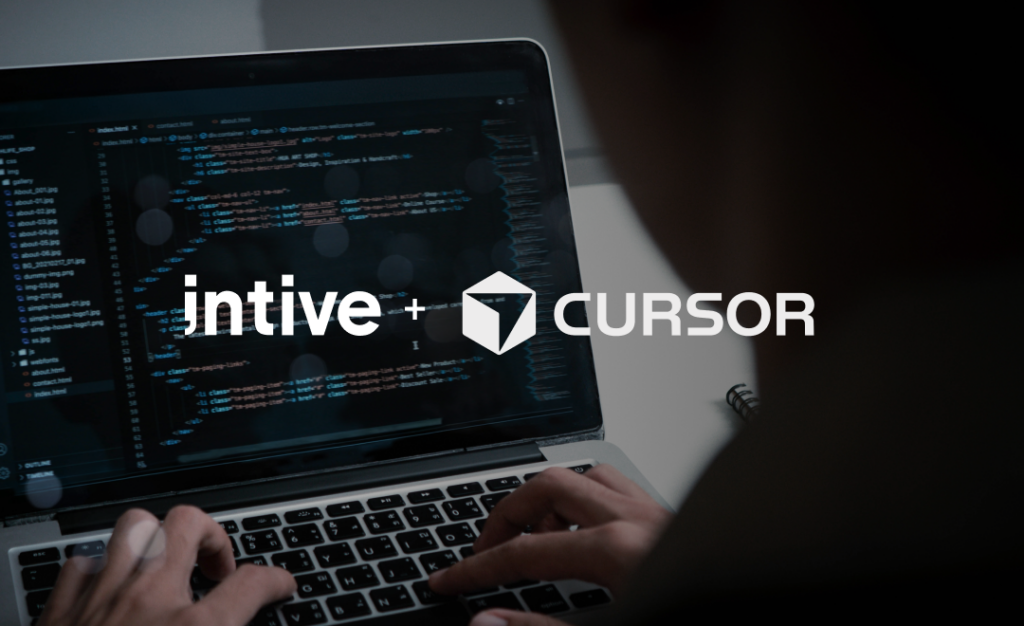Intervention Feature and Integrated Payment Option Create Opportunity for Increased Practice Revenue
Santa Barbara, Calif., May 13, 2015 – Mental health clinicians now have the option to become mobile therapists with alerts to intervene in between therapy visits when using Mobile Therapy, www.mobiletherapy.com, a mobile and web-based platform that collects client data via smartphone sensors and experience sampling to improve care. The system now also provides clinicians with the ability to charge clients for the concierge-style service of using Mobile Therapy and its intervention features through an integrated payment option built into the app.
“Mobile Therapy addresses one of the most significant pain points in mental health care, which is that clinicians are usually limited to understanding clients’ issues based only on what’s discussed during appointments,” comments Daniel Gilbert, a professor of psychology at Harvard University and senior scientific advisor for SelfEcho, developer of Mobile Therapy. “Now, Mobile Therapy gives clinicians new psychology tools to not only better understand what is going on in their clients’ lives, but also to intervene when needed in order to improve treatment and outcomes.”
With approximately 200 clinicians enrolled across the United States, Mobile Therapy differentiates itself from other mental health apps by allowing the client to securely share their aggregated data and metrics with their mental health clinicians using their smartphone. The goal of the platform is to empower clinicians with the data they need to treat patients, rather than ”prescribing” mental health care treatment or advice within the app.
Clinicians can customize Mobile Therapy’s intervention feature to suit the needs of the client. For example, if a client is being treated for anxiety, the clinician can set an alert for Mobile Therapy to notify them if their client’s metrics indicate an elevated level of anxiety based on their median average. Based on their communication preferences, clinicians receive an email or text message informing them of the client’s status. These communications are HIPAA-compliant and contain limited information pertinent only to the intervention. Once the alert is received and evaluated, the clinician contacts the patient via phone, email or text to intervene as needed.
If clinicians spend additional time monitoring progress in between therapy visits using Mobile Therapy to offer a concierge-level of care, they now have the option to collect payment through an integrated payment option when the patient downloads the app. The cost for the service is customized by the clinician based on their clients’ specific condition and needs.
Clinicians can use Mobile Therapy by visiting www.mobiletherapy.com where they can sign up for the service through a simple registration process. Mobile Therapy offers a free trial for 30 days. Once they are formally enrolled, clinicians pay a monthly fee of $50 per month or an annual fee of $480, enabling them to enroll an unlimited number of clients.
Mobile Therapy gives therapists a new psychology tool by collecting client data in a scientifically validated manner via an Android- or iPhone-compatible app. Clinicians invite clients to utilize the app and then customize each user’s account based on their condition and treatment plan. In full compliance with HIPAA requirements, Mobile Therapy collects data actively and passively using smartphone sensors, experience sampling surveys and third-party sources, which is then analyzed by psychology-based algorithms. Mobile Therapy is the exclusive licensee of the linguistic analysis technology LIWC, based on 20 years of research stemming from Professor James W. Pennebaker’s work at the University of Texas at Austin.
At any time, clinicians can view metrics from Mobile Therapy’s centralized dashboard to more efficiently diagnose, empirically track patient progress, identify triggers and make more informed decisions about treatment planning. The dashboard also provides clinicians with HIPAA-compliant note-taking tools and other features to digitize administrative duties of mental health practitioners.
According to a national survey commissioned by SelfEcho, mental health practitioners believe mobile technology applications geared to mental healthcare treatment have the ability to improve patient care and practice management. More than half of survey respondents (66 percent) believe that being able to obtain additional data on clients using mobile technology would improve their ability to treat them. Furthermore, 68 percent of clinicians surveyed felt that integrating additional data from apps for mental health tracking into therapy practices would help clinicians advance their profession.
About SelfEcho
Based in Santa Barbara, Calif., SelfEcho www.selfecho.com applies technology in creative ways to enhance well-being, mental health and productivity. SelfEcho’s suite of products includes Mobile Therapy, www.mobiletherapy.com, a platform that empowers mental health professionals to improve treatment through smartphone-driven data collection, and UpJoy www.upjoy.org, a web-based application designed to exercise positivity with curated, positive media tailored to user preferences. Its founders and employees are committed to bridging the gap between clinical experts within the field of psychology and the business sphere. SelfEcho’s management team includes accomplished experts in psychology and award-winning entrepreneurs. SelfEcho is a project incubated and funded through the Santa Barbara start-up incubator, Noospheric.











